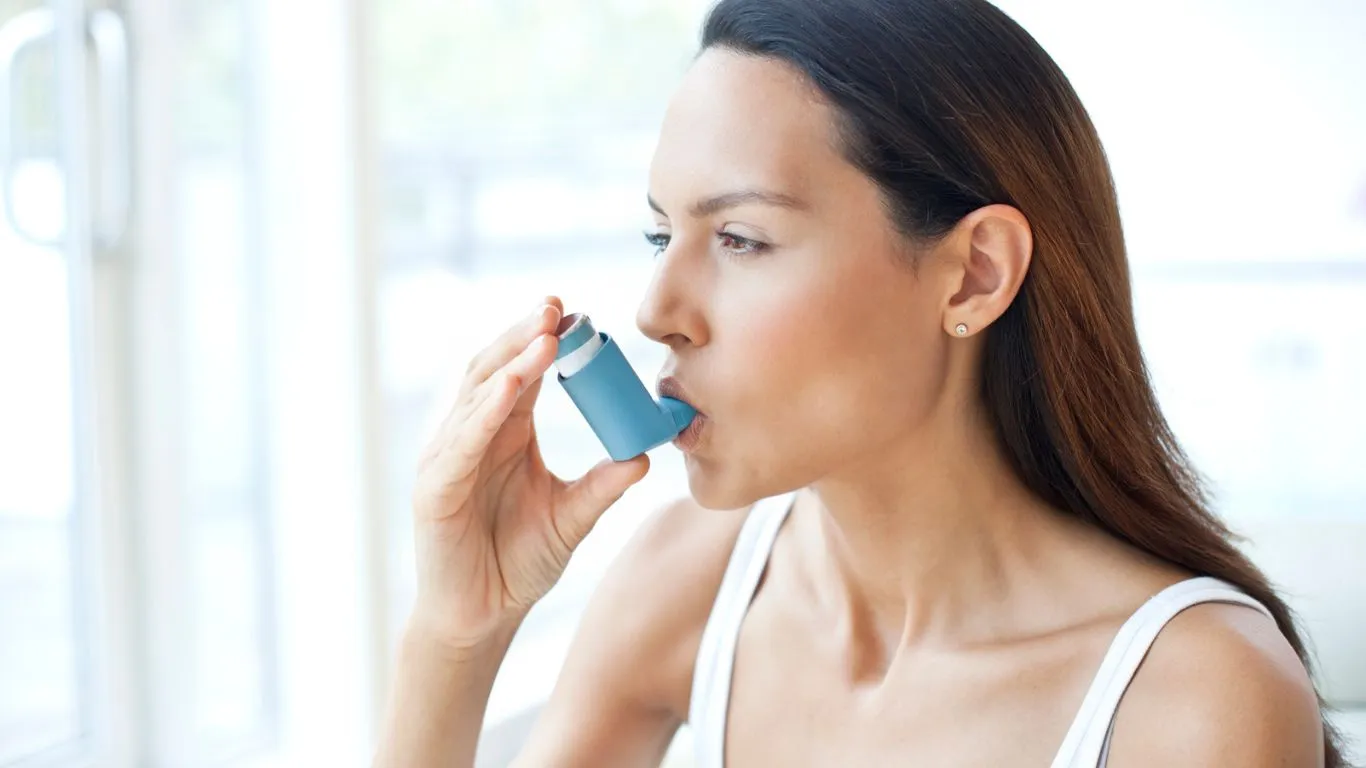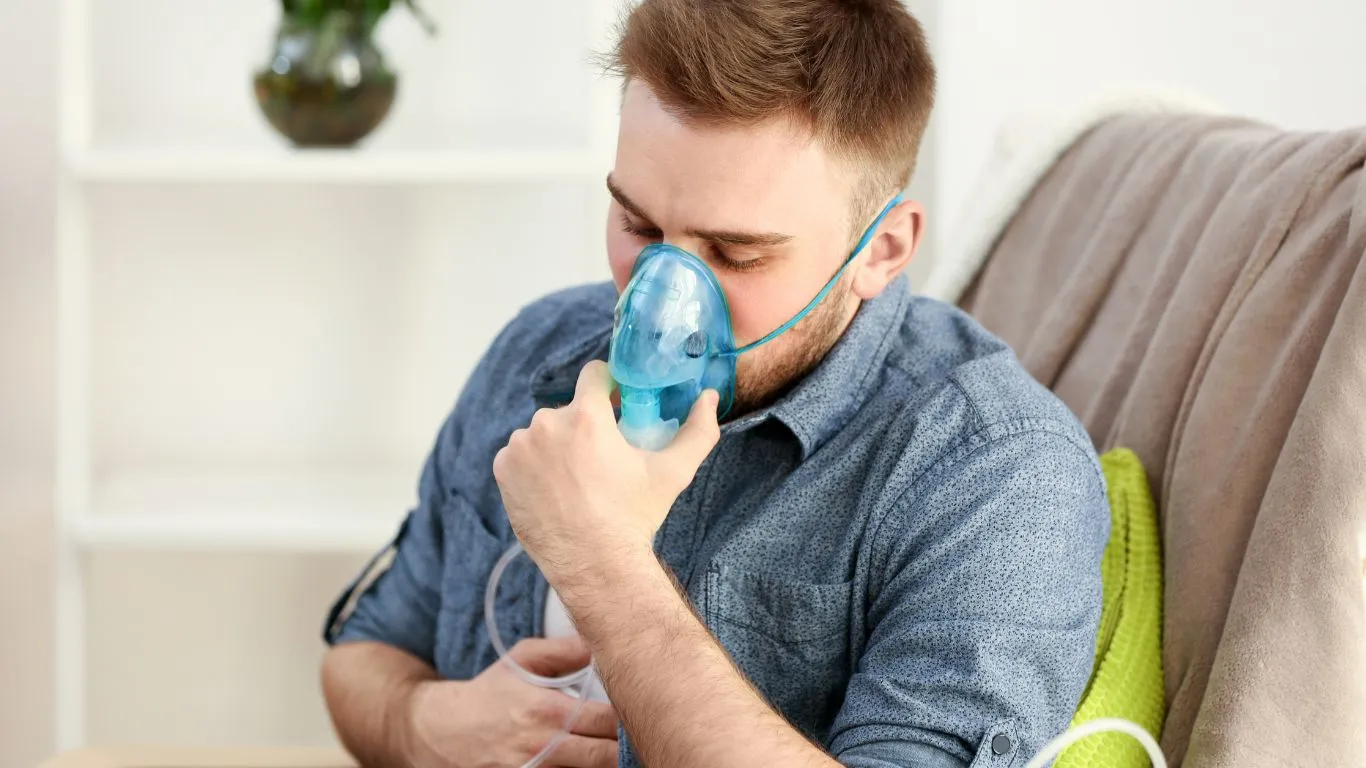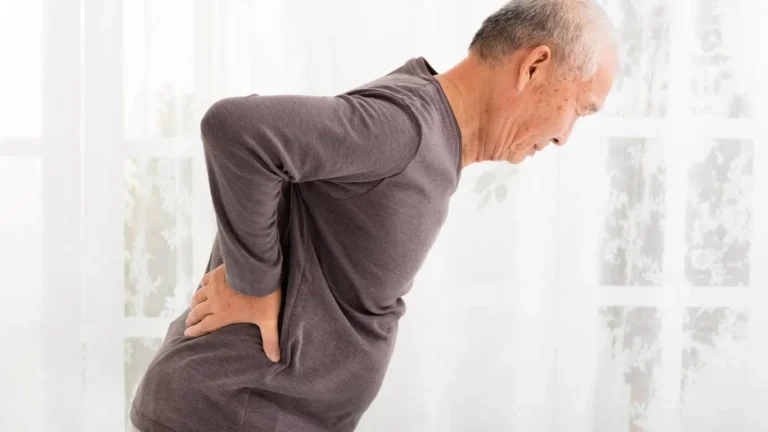Early Morning Asthma Triggers: What You Need to Know for Better Breathing
Early mornings can be tough for those with asthma. You wake up feeling short of breath, with a tight chest, and it seems like nothing you do helps. But here’s the thing: the early morning hours are a peak time for asthma flare-ups, and understanding why this happens could be your first step toward better management.
 Asthma can be tricky. For many people, symptoms are worse in the early morning hours, right when you’re just trying to get out of bed and start the day. It’s like your body is fighting you from the moment you wake up. Understanding what triggers asthma in the early morning can help you manage these symptoms more effectively and even prevent them from happening.
Asthma can be tricky. For many people, symptoms are worse in the early morning hours, right when you’re just trying to get out of bed and start the day. It’s like your body is fighting you from the moment you wake up. Understanding what triggers asthma in the early morning can help you manage these symptoms more effectively and even prevent them from happening.
Why Are Early Morning Asthma Symptoms Worse?
It’s not just your imagination! If you have asthma, you might notice that your symptoms, like wheezing, coughing, or shortness of breath, tend to be more intense when you wake up. Here are a few reasons why:
1. The Natural Dip in Lung Function
During sleep, your body naturally goes into a state of rest, which includes a decrease in lung function. Your airways may become narrower, making it harder for air to flow freely. For people with asthma, this can lead to breathing difficulties once you wake up. 
2. Increased Inflammation Overnight
While you’re sleeping, your body may release certain chemicals that cause inflammation in your airways. For asthma sufferers, this inflammation can worsen during the night, and by morning, it becomes harder to breathe.
3. Changes in Hormone Levels
Your hormone levels fluctuate throughout the day, and in the early morning, levels of cortisol (a hormone that helps control inflammation) are lower. This decrease in cortisol levels can make your asthma symptoms worse during these hours.
Common Early Morning Asthma Triggers
So, what exactly triggers asthma in the morning? Here are some of the most common culprits that make things worse:
1. Allergens in Your Bedroom
Dust mites, pet dander, and mold are all common allergens that could trigger your asthma during the night and early morning. These allergens tend to settle on bedding, carpets, and furniture, which means they’re right there waiting for you when you wake up. If you’re allergic to any of these, they can cause inflammation in your airways and trigger asthma attacks.
2. Cold, Dry Air
Morning air is often colder and drier, especially in the winter. This type of air can irritate your airways, making it harder for people with asthma to breathe. If you live in a colder climate, this could be a major factor in your early morning flare-ups.
3. Exercise-Induced Asthma
For some people, physical activity in the early morning can trigger asthma symptoms. This might be because your airways are still a bit constricted after a night of sleep, and then exerting yourself, even if it’s just getting out of bed and moving around, can make things worse. 
4. Sleep Position
Believe it or not, the way you sleep could influence your asthma. Sleeping on your back can cause your lungs to be in a position that limits airflow, while lying on your side might help open up your airways more. If you sleep on your stomach, you may be putting pressure on your chest, which could lead to more breathing problems.
How to Manage Early Morning Asthma Triggers
Luckily, there are a number of things you can do to make mornings a little easier on your lungs. Here are some simple, practical tips:
1. Keep Your Bedroom Allergy-Free
Make sure your bedroom is a safe space for your asthma. Wash your sheets and pillowcases regularly, and consider using hypoallergenic bedding to reduce dust mites. You might also want to use a dehumidifier if mold is an issue or keep pets out of your bedroom if you’re allergic to them.
2. Use a Humidifier
If you live in a dry climate or your air is cold in the morning, a humidifier can help keep the air moist. Moist air helps prevent your airways from becoming dry and irritated, making it easier to breathe.
3. Take Your Medications Correctly
Make sure you’re using your asthma medications as prescribed. If you use a rescue inhaler, have it nearby when you wake up, just in case you need it. Long-term control medications should be taken consistently, even if you don’t feel symptoms, to keep inflammation in check.
4. Adjust Your Sleep Position
Try sleeping with your head elevated using a pillow or wedge to keep your airways open. Sleeping on your side instead of your back may also reduce pressure on your chest and improve airflow.
5. Warm Up Before Physical Activity
If you plan on exercising in the morning, don’t just jump out of bed and go for a run. Instead, warm up slowly to allow your airways to adjust to the physical activity and cooler temperatures.
Conclusion
Early morning asthma triggers can make getting out of bed feel like a struggle. But knowing what causes these symptoms and how to manage them can make a huge difference. Whether it’s cleaning up your bedroom, adjusting your sleep position, or using a humidifier, there are several ways to reduce the impact of morning asthma. And remember, always stay on top of your asthma medications, and if you’re ever unsure, don’t hesitate to talk to your doctor about your symptoms.
Appendices
References
For more information on managing asthma, consider checking out these resources:
- American Lung Association. (2024). Asthma and Allergies: What You Need to Know. Read Article
- National Institutes of Health (NIH). (2024). Understanding Asthma. Read Article
- Centers for Disease Control and Prevention (CDC). (2024). Asthma Management and Control. Read Article
FAQs
Here are some frequently asked questions about early morning asthma triggers:
- What causes asthma to worsen in the early morning? Asthma symptoms tend to worsen in the early morning due to factors like lower cortisol levels, colder air, and increased inflammation in the airways.
- Can allergens in my bedroom trigger morning asthma? Yes! Dust mites, pet dander, and mold are common allergens that can trigger asthma symptoms in the morning. Keeping your bedroom allergen-free can help reduce flare-ups.
- Should I avoid exercise in the morning if I have asthma? If you have exercise-induced asthma, you might want to warm up gradually and avoid intense activity in the early morning. Always consult your doctor for personalized advice.
- How can I prevent morning asthma attacks? Using a humidifier, keeping allergens out of your bedroom, and managing your asthma medications can help reduce the risk of morning asthma attacks.
- Can my sleeping position affect my asthma symptoms? Yes! Sleeping on your back can sometimes make asthma worse. Try sleeping on your side or with your head elevated to help keep your airways open.
Disclaimer: This article is for informational purposes only and is not a substitute for professional medical advice. Always consult with your healthcare provider before making any changes to your asthma management routine.

Bianca Nala is a compassionate Nurse Practitioner with a strong background in primary and respiratory care. As a health writer for Healthusias.com, she combines her clinical expertise with a talent for clear, relatable storytelling to help readers better understand their health. Bianca focuses on topics like asthma, COPD, chronic cough, and overall lung health, aiming to simplify complex medical topics without losing accuracy. Whether she’s treating patients or writing articles, Bianca is driven by a single goal: making quality healthcare knowledge accessible to everyone.







